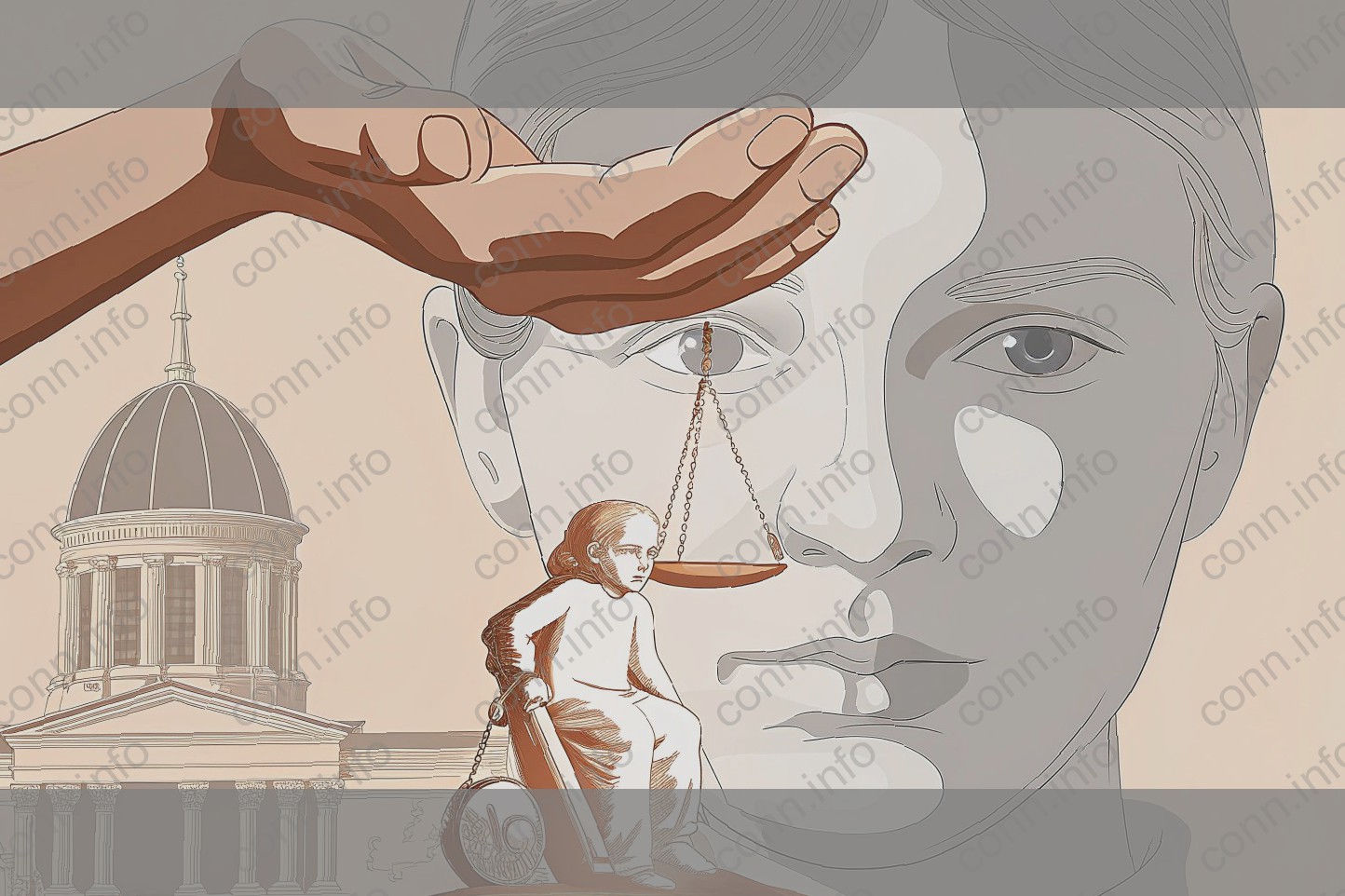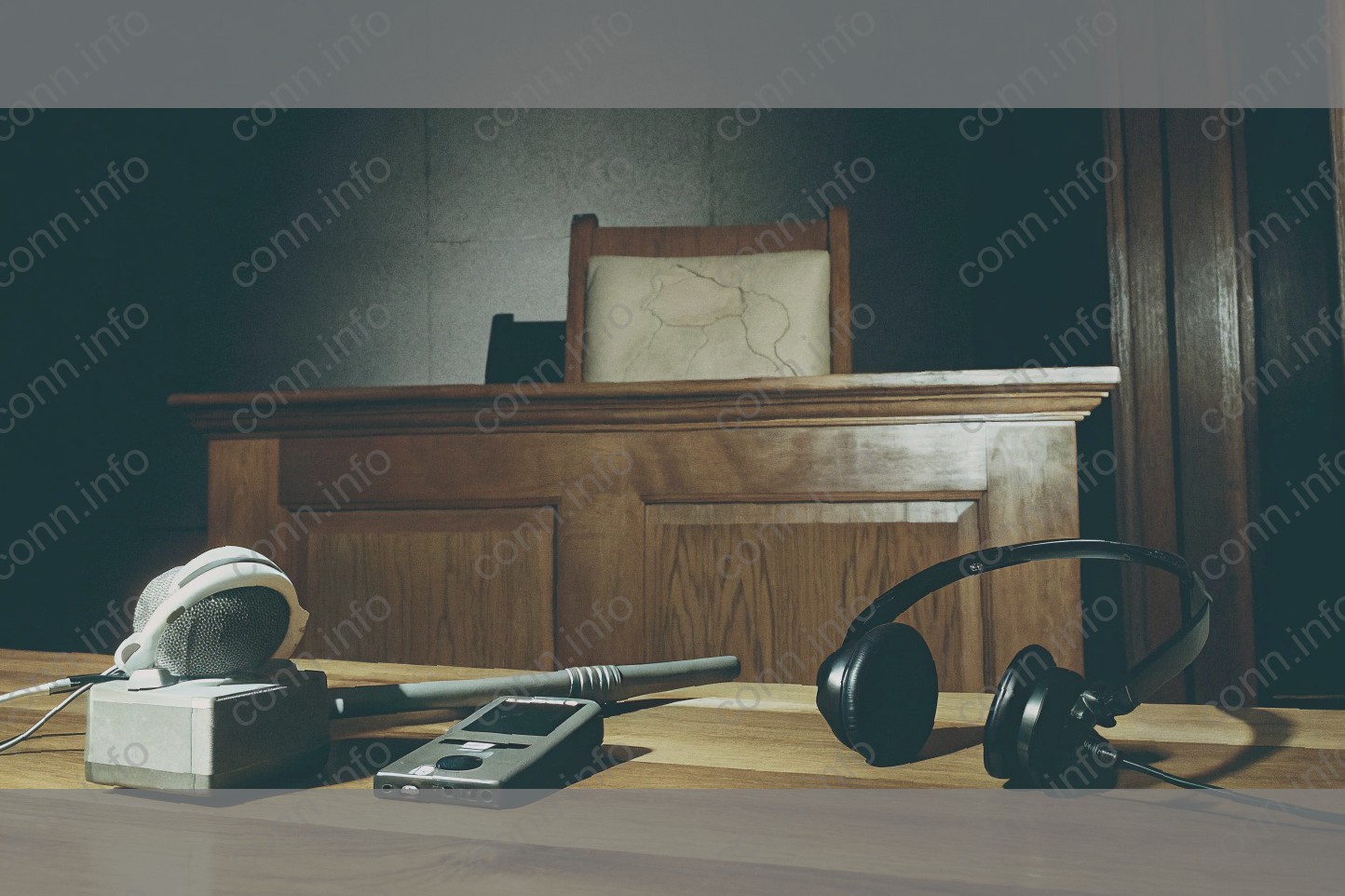What is a legal guardian?
Guardianship is a form of functional replacement for physical, mental and legal incapacity. While it does not replace such a person’s capacity, it functions as a replacement for such person’s inability to manage his/her own personal affairs allowing authorization for handling personal and financial affairs through court supervision. So the broadest functionality received from guardianship is the ability for others to manage the day to day affairs of an incapacitated person under the ‘watchful eye’ of the court, depending on the type of guardian created by the court. In this respect, the overall benefit is providing the means to financially manage that person’s assets and affairs, in order to use his or her assets and income for the benefit of the person, and potentially avoid unnecessary depletion of assets and/or financial loss .
The reasons someone may seek guardianship can be as varied as people themselves. Some seek it due to financial matters, being unable to care for themselves and/or property, reaching age 18 (age of majority), or diminishing capacity (i.e. dementia, Alzheimer’s disease, developmental delays, mental health challenges, long term substance abuse, etc.). The benefit provided by this functional replacement is the opportunity for capable, third party adults to manage and protect the income, assets and property of that adult under the court’s supervision, thus achieving the greatest benefit for the incapacitated person for those who care for him or her.

Legal guardianship types in Idaho
In Idaho, guardianship can take many forms, depending on the specific circumstances of the parties involved. The three most common types include guardianship of a minor, guardianship of an adult and emergency guardianship.
Guardianship of a Minor
A guardian of an Idaho child protects a minor from wrongful behavior and has a fiduciary obligation to manage the affairs of the minor until he or she reaches a legal age. In most cases, a parent who is unfit to manage the affairs of a minor in their care would be subject to being removed from said role and replaced by a guardian.
Guardianship of an Adult
The circumstances surrounding adult guardianship are slightly different than for a minor. For example, an adult may consensually give a guardian control over his or her economic affairs, which includes authority over finances such as bank accounts, real estate and any other property. However, a guardian may not occupy a position of complete control over funds or real estate without imparting some modicum of control to the person under guardianship. For example, if an adult has formed a guardian-adult relationship with his or her child, that child will be unable to sell or gift off property owned by the parent without consent from the parent.
Emergency Guardianship
While a guardianship arrangement usually occurs through legal processes put into place before any serious issues arise, provisional emergency guardianship is sometimes necessary to resolve issues that demand immediate action. The aforementioned scenarios may be a small fraction of the situations that require guardianship.
The legal guardianship process in Idaho
The process of appointing a guardian for a person in Idaho is a structured legal procedure that must follow specific rules and guidelines. This process begins with the filing of a petition, followed by hearings and other court appearances. The process can sometimes be complicated and may require the assistance of a qualified attorney.
First, the individual seeking to become the legal guardian must file a Petition for Appointment of Guardian with the appropriate court in their county. This petition must include sufficient information about the ward’s physical and mental condition, contraindications that would prevent the ward from being able to manage their affairs, and the reason why a guardian is necessary.
Once the petition is filed, a hearing is typically held to allow the court to determine if the guardian should be appointed. Prior to the hearing, notice must be given to the ward, all relatives, and the friends of the ward, that a petition has been filed to establish a guardianship. This notice must include information about the time, location and purpose of the hearing.
At the time of the hearing, the judge will listen to evidence and decide whether or not to establish a guardian for the individual. If a guardian is appointed, the judge will sign a court order to that effect and letters of guardian will be issued. This paperwork documents the court’s approval and the legal authority of the guardian.
There are multiple forms of guardianships, each subject to slightly different procedures. However, all guardianships follow the same general process of petitioning for appointment, hearings, notice, and court approval. The entire process takes several weeks to a few months to complete.
Being appointed guardian of an individual is a significant responsibility and has long-lasting positive effects on the ward. When done correctly, the process of establishing a guardianship can be a beneficial tool to help protect those who need assistance.
Responsibilities as a guardian in Idaho
The role of a guardian in Idaho is significant, as that person becomes responsible for the care and ongoing decision-making on behalf of someone who is unable to make such decisions for themselves. While a guardian’s role is extensive, the powers of a guardian are not limitless. A guardian’s powers can be both broad and limited.
Guardians serve two important functions under Idaho law: Idaho Code sections 66-1017 through 66-1021 dictate how these duties and powers function in practice. While a guardian has the above responsibilities, decisions over all types of care and service arrangements must first be approved by the court.
However, if you are an attorney representing a client with power of attorney or acting as a power of attorney, you may consolidate or waive the aforementioned requirements. Idaho Code section 66-1020 lays out the following powers of a guardian: While a guardian has extremely robust powers granted under Idaho statute, the reality is that a court must approve certain actions ahead of time. For example, to make decisions about a ward’s death, life insurance, advanced healthcare directives, and organ donation, a guardian must petition the court.
In practice, a guardian sometimes acts in the same role as a parent does for a minor child. But for minors, the court establishes the age of maturity, which can vary based on the circumstance. Idaho does not have a universal "age of majority." Therefore, while a person who is 18 years old is an adult for some legal matters, she may still be a minor for other purposes. When it comes to healthcare, caregivers may seek guardianship so that they can make medical decisions for a minor ward. However, the court does not allow this lightly. Guardians must demonstrate an inability of the minor to give consent or communicate with their physician. Therefore, guardians cannot step in automatically if a minor refuses treatment; instead, the court must first make a finding that the minor lacks the capacity to communicate.
For persons with an intellectual or physical disability, the threshold for appointing a guardian is lower. It’s important to remember that though a guardian acts in the place of someone who cannot care for themselves, the abilities of persons with disabilities vary widely. Consequently, the guardian must be aware that any previous history of guardianship does not automatically transfer to the new situation. Also, a guardian must maintain the ward’s rights in accordance with Idaho Code sections 66-1109D and 66-1110.
In Idaho, there are no automatic penalties for a guardian who does not carry out these duties. For example, unlike some states, Idaho does not have a legal requirement for guardians to submit annual accountings to the court to oversee how wards’ money is spent. However, guardians are not prohibited from being compelled to account for their administration of a ward’s estate, or be removed if such removal is in the ward’s best interest.
Ward’s rights in guardianship
Just as the guardian is expected to respect and promote the well-being of the ward, the law protects the rights of the ward from infringement. A person under a guardian in Idaho has a few specific rights:
- The right to personal privacy: Under Idaho law, every ward is entitled to visitations and communications without listening or viewing devices being present. Additionally, the court can, and should, limit the guardian’s right to entry into the ward’s home or other property not owned or controlled by the guardian.
- The right to protection from abuse of any kind: Idaho requires a guardian to protect the ward from abuse, neglect, and exploitation, and to use a standard of care that would be used of someone taking care of another, and not treating the ward as something of less value than a thing . Additionally, other laws offer protection against financial abuse, such as the Criminal Fraudulent Transfer Act and the Criminal Fraud Prevention Act, which makes financial exploitation a crime.
- The right to choose the guardian: In many cases, one close relative will petition the court to be named as the guardian over the person and estate of another. However, the court must first make reasonable efforts to notify the person about whom the petition concerns, and if that person is found competent to do so, to contest the petition themselves.
These rights are just the tip of the iceberg of rights kept by the ward. Under the guardianship laws, the ward retains all rights which have not been specifically granted to the guardian. In fact, the law encourages the guardian to involve the ward in all decisions which affect them, and in many cases make legal changes contingent on the ward’s consent.
Ending or changing a guardianship in Idaho
An existing guardianship in Idaho may be terminated or modified if the court determines that the protected person is no longer incapacitated, or there is a sufficient basis to modify the terms and conditions of the guardianship. The person requesting termination or modification of the guardianship has the burden of proof to show that the guardianship is no longer necessary, or that the circumstances of the protected person have changed in a significant way that warrants modification.
To terminate or modify a guardianship, the petitioner must file a petition with the court where the initial guardianship action was filed. The petition must contain detailed information about the protected person, the current guardianship proceedings, and the specific reasons why termination or modification is warranted. The petition must be served on the protected person (if able to) and all parties in the underlying guardianship action including the guardian and any other persons who have appeared in the case.
If the petition requests a change in the powers of the guardian appointed by the court, the petitioner may be required to stipulate to a conservatorship as a condition of the modification. A conservatorship is equivalent to a powers of attorney granted by a person over their own property. If the court terminates a guardianship, the powers transferred to the guardian will revert to the protected person. If the court modifies the powers of a guardian, those specified powers by the court will be transferred to a guardian.
Idaho guardianship assistance and resources
In Idaho, there are various resources available for legal guardians seeking assistance or support. The Idaho Guardianship Program (IDGP) is the primary agency tasked with overseeing the state’s guardianship system. The IDGP provides periodic training for both public and private professional guardians, as well as educational resources on the legal and ethical responsibilities associated with guardianship. In addition, the program supplies guidance to families seeking information on the responsibilities of care associated with having a guardian and how to become a guardian. Another source of help to guardians is the Idaho Council on Developmental Disabilities (ICDD) which, in agreements with the US Department of Health and Human Services, provides funding for outreach and education on issues related to guardianship. Some of the programs include training and information sharing for legal guardians of individuals with intellectual disabilities, whose needs for guardianship services are paramount , and the development of educational material for families of individuals with disabilities regarding the nuances of guardianship. Private non-profit organizations such as The Arc, The Cerebral Palsy Association, The Idaho Federation of Families for Children’s Mental Health and the DSN Peer Support Team also provide resources, educational opportunities and referral services for those who have guardianship over individuals with developmental disabilities. Another source of assistance is the advocacy organization Ever After Foundation which provides support and information to families of children who have disabilities, including advocacy for legislative reform relating to guardianship issues, lobbying efforts aimed at preventing guardianship abuse and the creation of an ID bill of rights for individuals living with disabilities. The Elder Law Section of the Idaho State Bar also provides many resources and a list of law firms that specialize in elder law – of which guardianship is a component.



